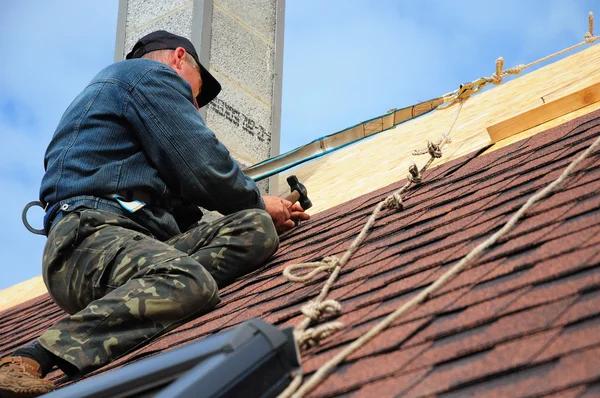When it comes to replacing your roof, timing is key. The season in which you choose to replace your roof can have a significant impact on the overall success and longevity of the project. While it may be tempting to put off roof replacement until a more convenient time, understanding the seasonal considerations for roof replacement can help you make an informed decision about when is the best time to tackle this important home improvement project.
One of the most important factors to consider when scheduling a roof replacement is the weather. Extreme temperatures, high winds, and heavy precipitation can all impact the installation process and affect the quality of the final result. For this reason, many roofing professionals recommend scheduling roof replacements during mild weather conditions, such as in the spring or fall.
Spring is often considered one of the best times for roof replacement company narragansett due to its moderate temperatures and lower likelihood of severe weather events. With warmer days and cooler nights, spring provides ideal conditions for roofing materials to properly seal and adhere to your home’s structure. Additionally, scheduling your roof replacement in the spring allows you to address any damage that may have occurred during winter months before summer storms hit.
Fall is another popular season for roof replacements, as temperatures begin to cool down after a hot summer and before winter sets in. Fall offers similar benefits as spring in terms of moderate weather conditions that are conducive to successful roofing installations. By completing your roof replacement in the fall, you can ensure that your home is well-protected against harsh winter weather while also avoiding potential delays caused by snow or ice.
While both spring and fall are optimal times for roof replacements, it’s important to keep in mind that demand for roofing services tends to be higher during these seasons. As a result, scheduling your project well in advance can help ensure that you secure a spot on a reputable contractor’s calendar.
In contrast, winter is generally not recommended for roof replacements due to cold temperatures and inclement weather conditions that can hinder installation efforts. Freezing temperatures can cause roofing materials to become brittle and less pliable, making them more susceptible to damage during installation. Additionally, snow accumulation on rooftops can pose safety risks for workers and lead to delays in completing the project.
Ultimately, choosing when to replace your roof depends on a variety of factors including climate conditions, availability of contractors, budget constraints,and personal preferences. By carefully considering these seasonal considerations for roof replacement,you can make an informed decision about when is trulythe best timefor this important home improvement project.
Point Judith Peaks LLC
24 Sarasota Ave, Narragansett, Rhode Island, 02882
401-235-4420











